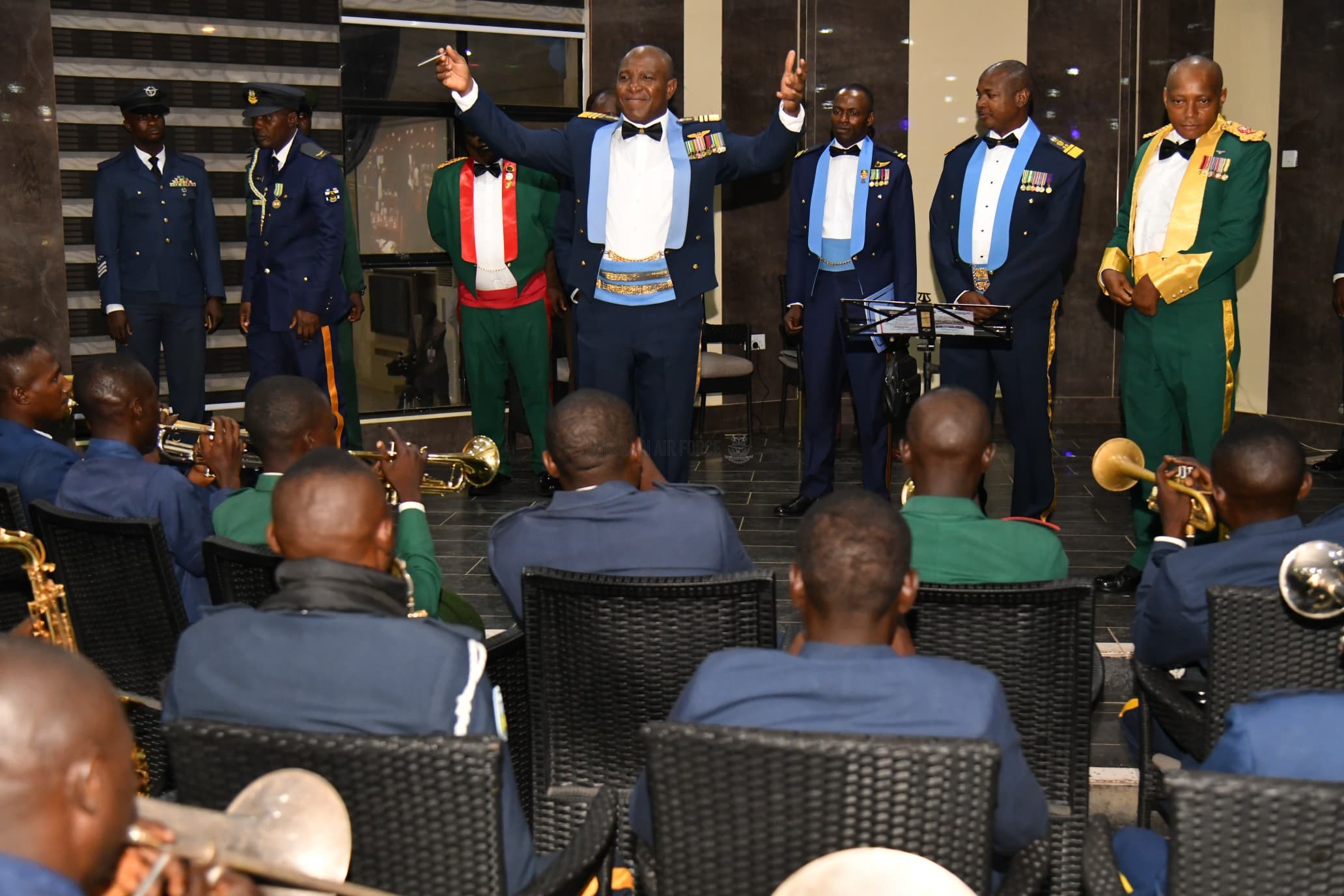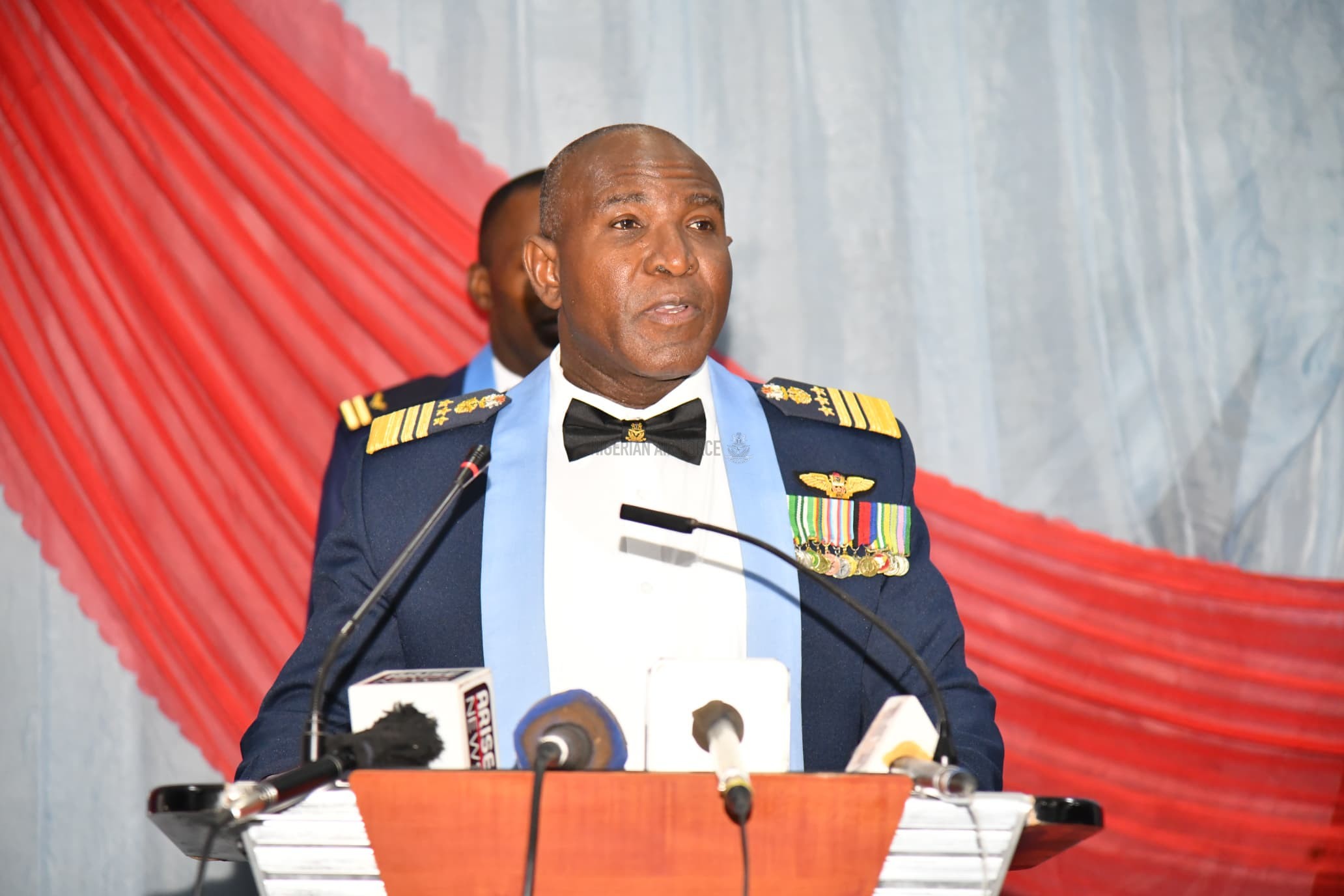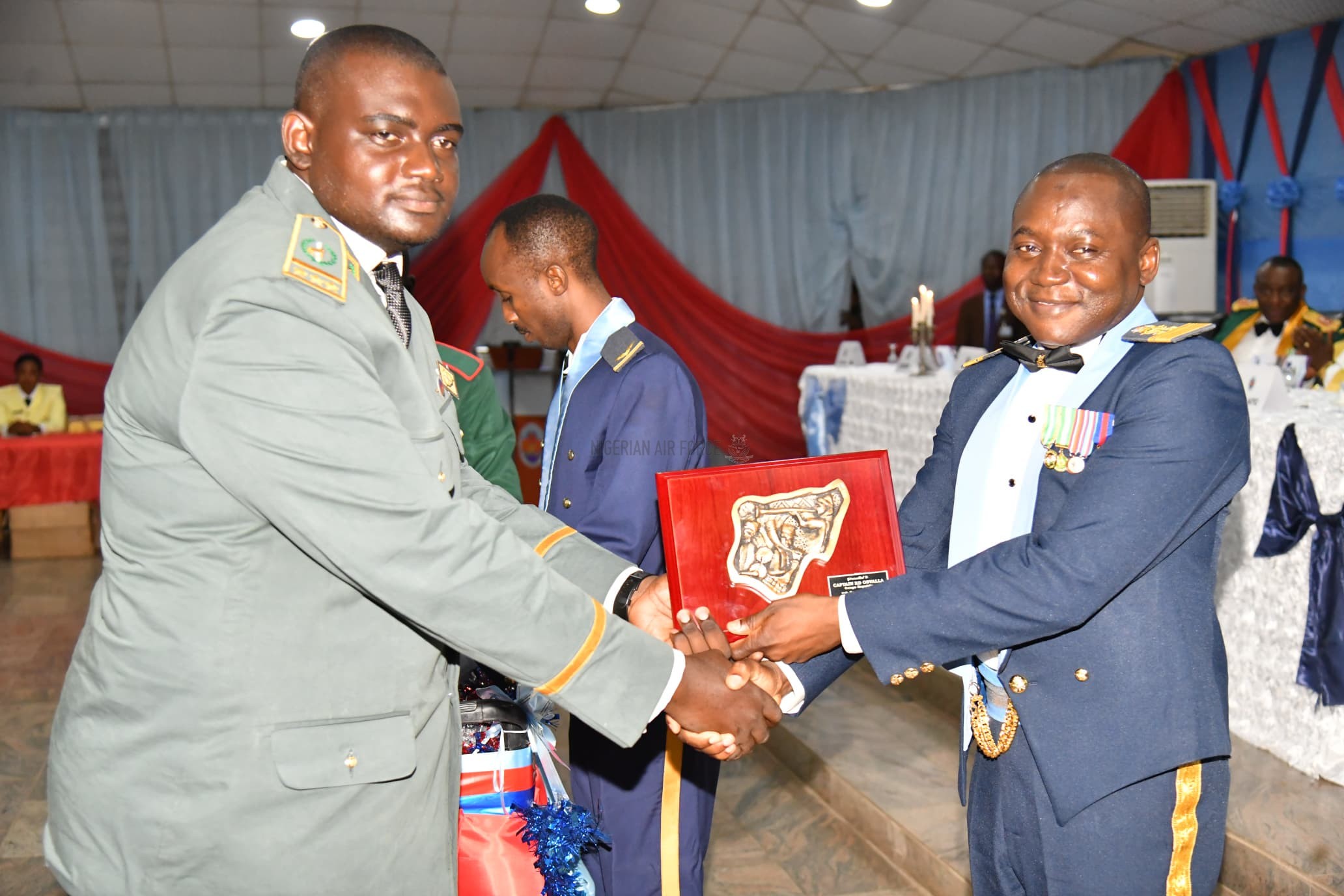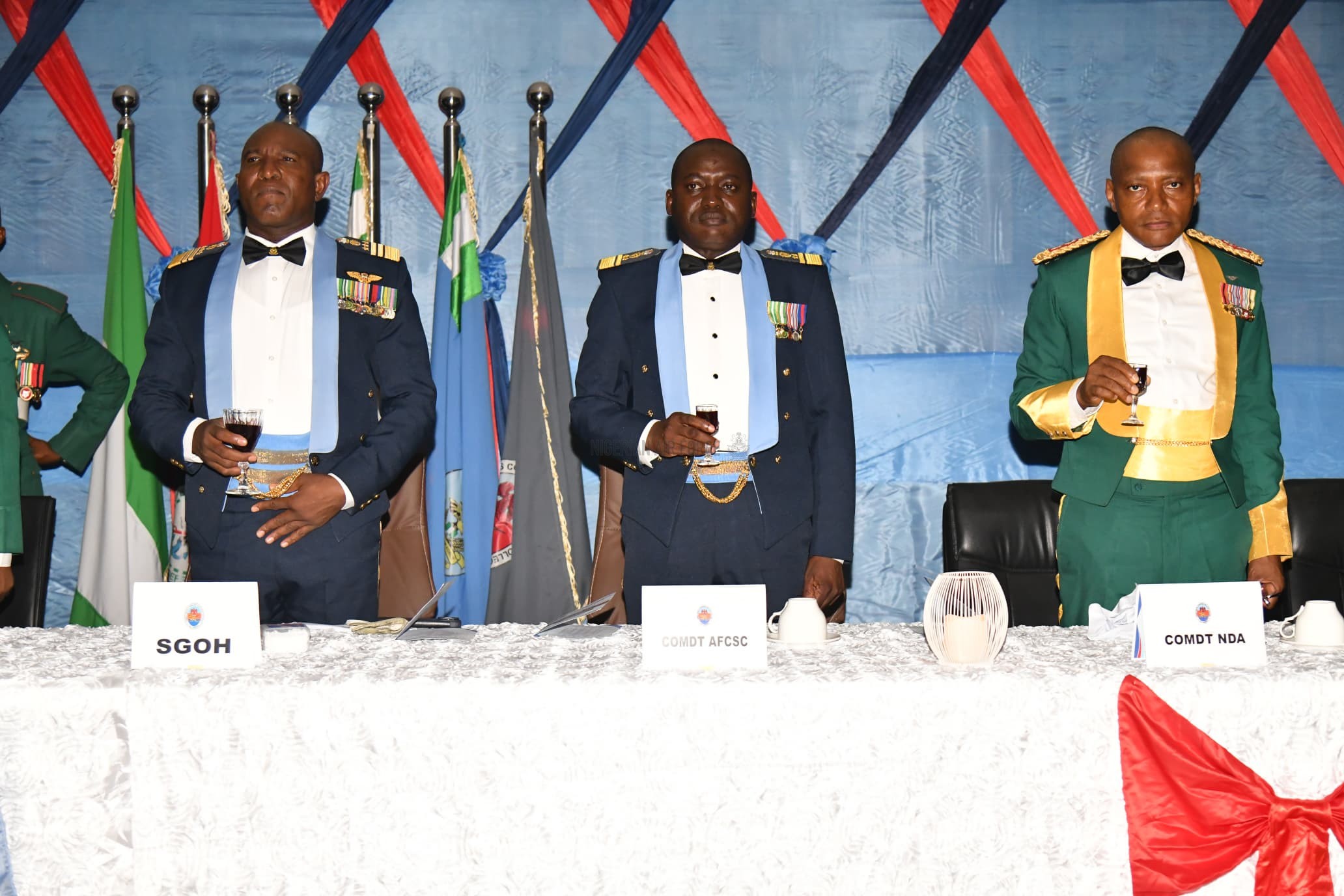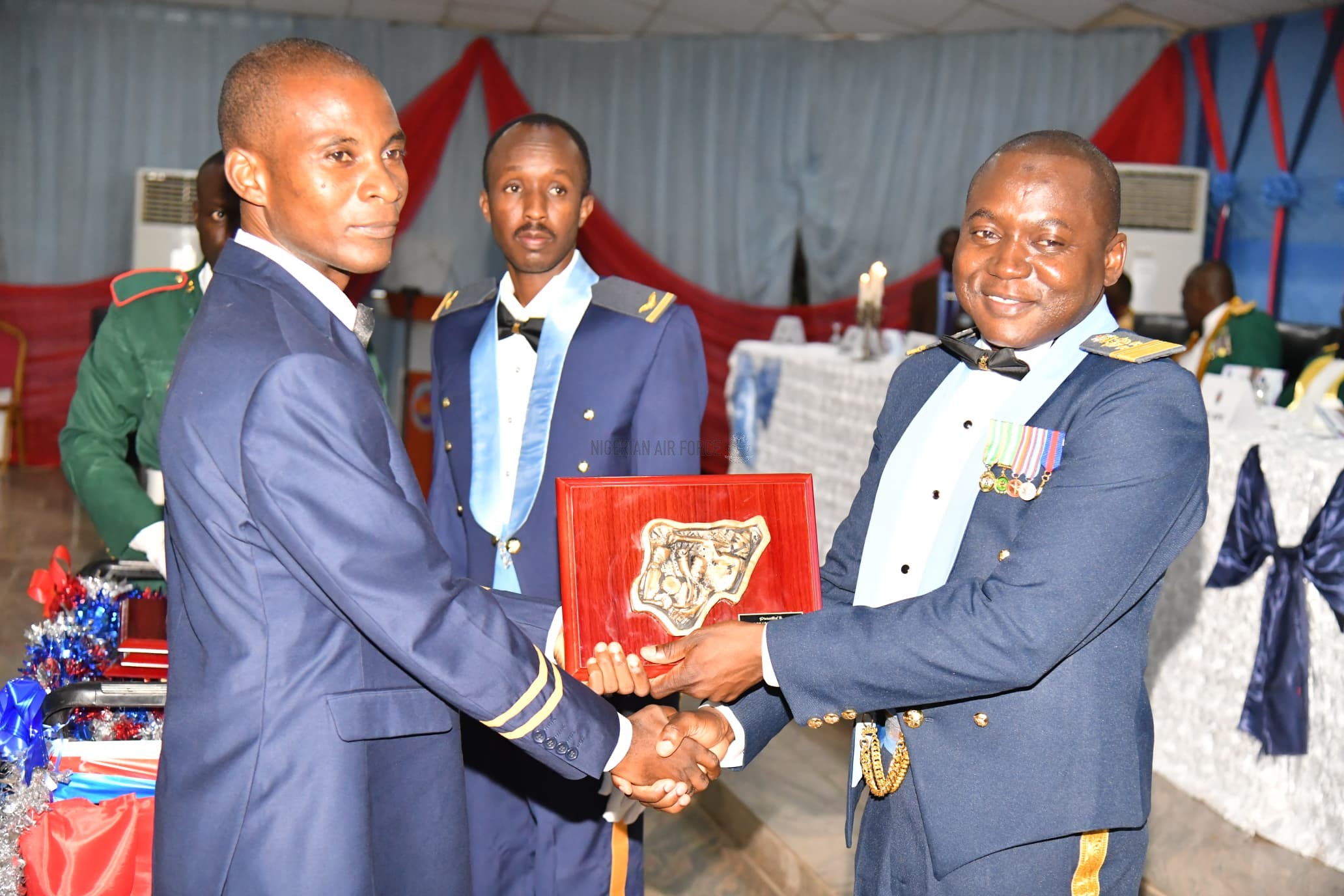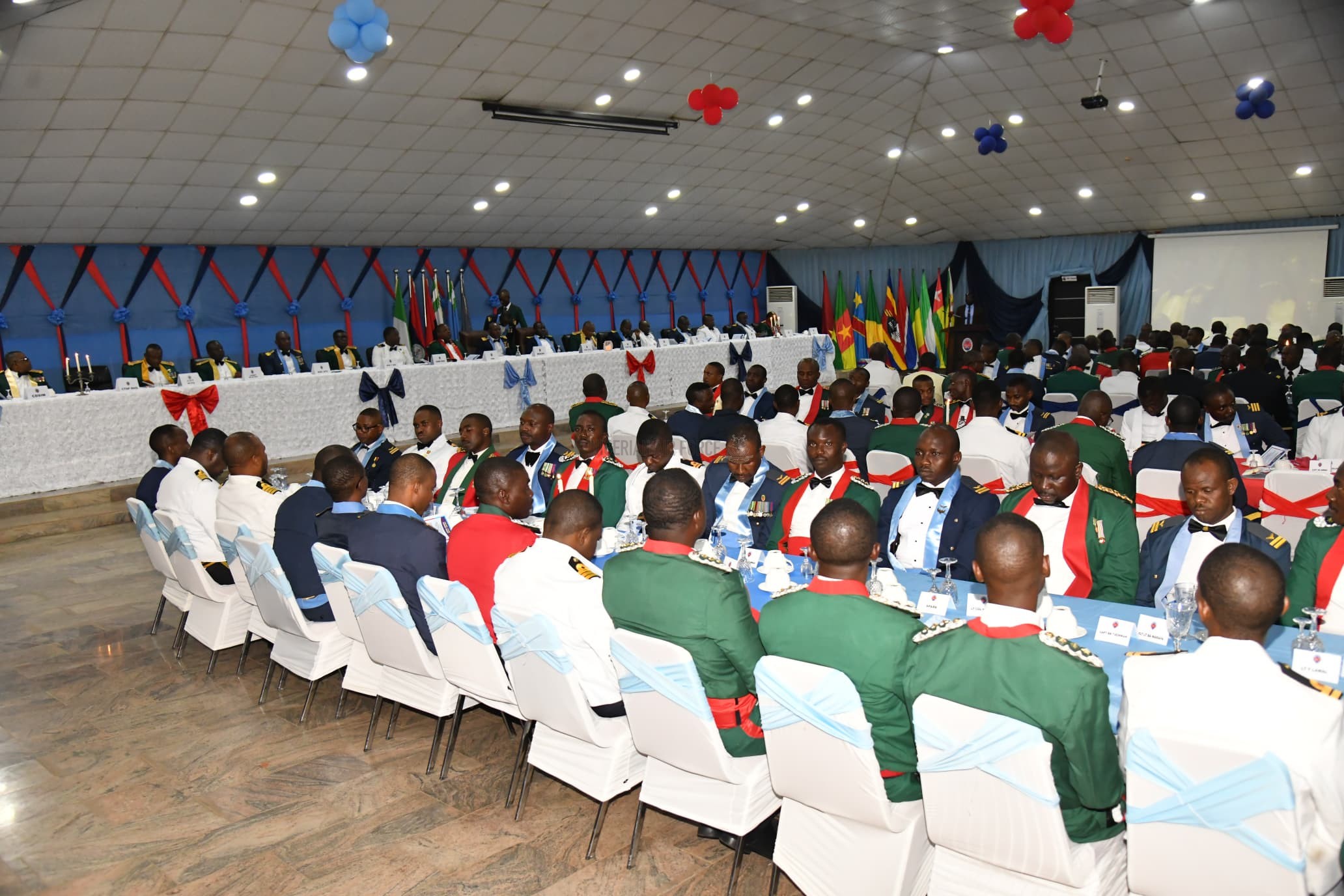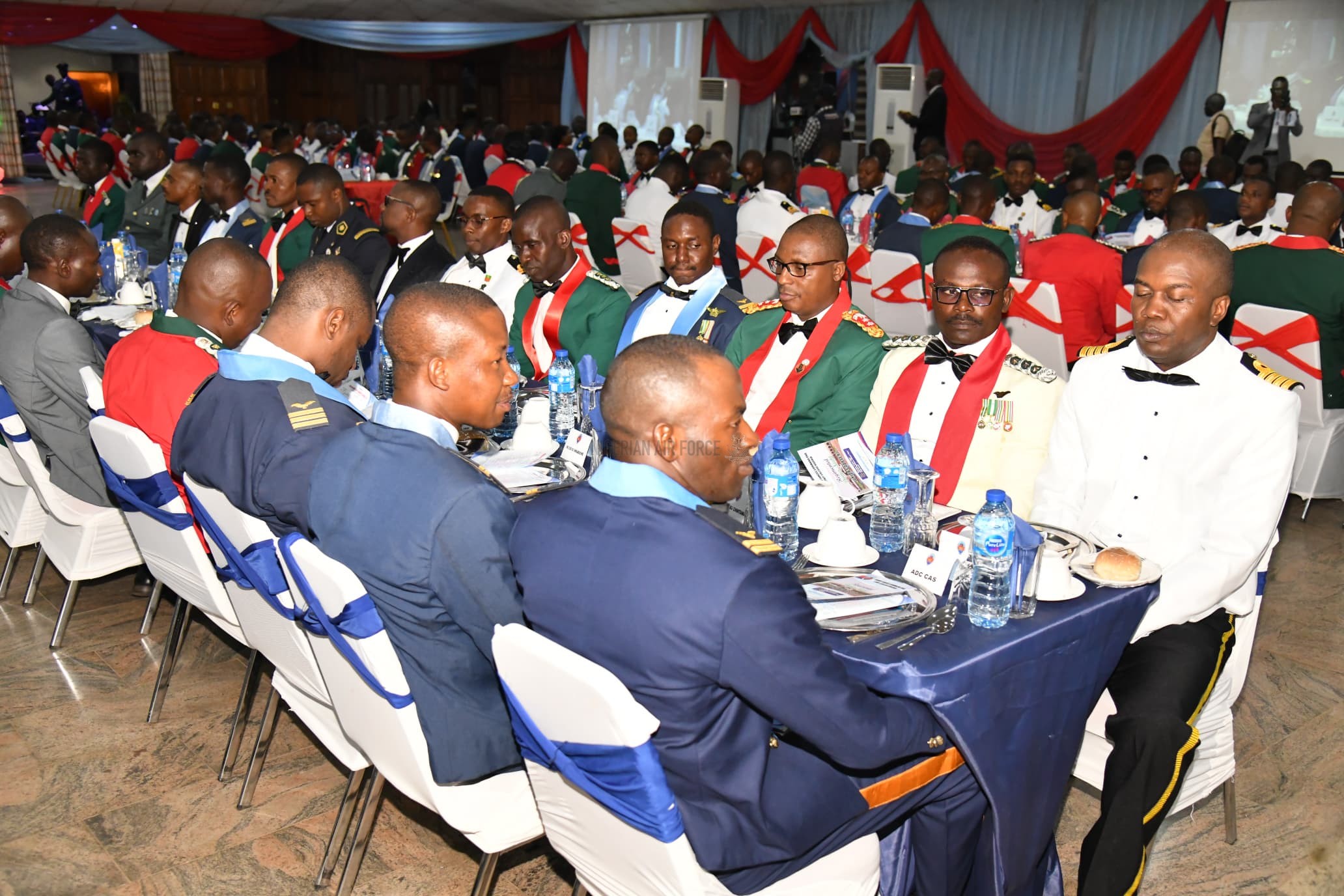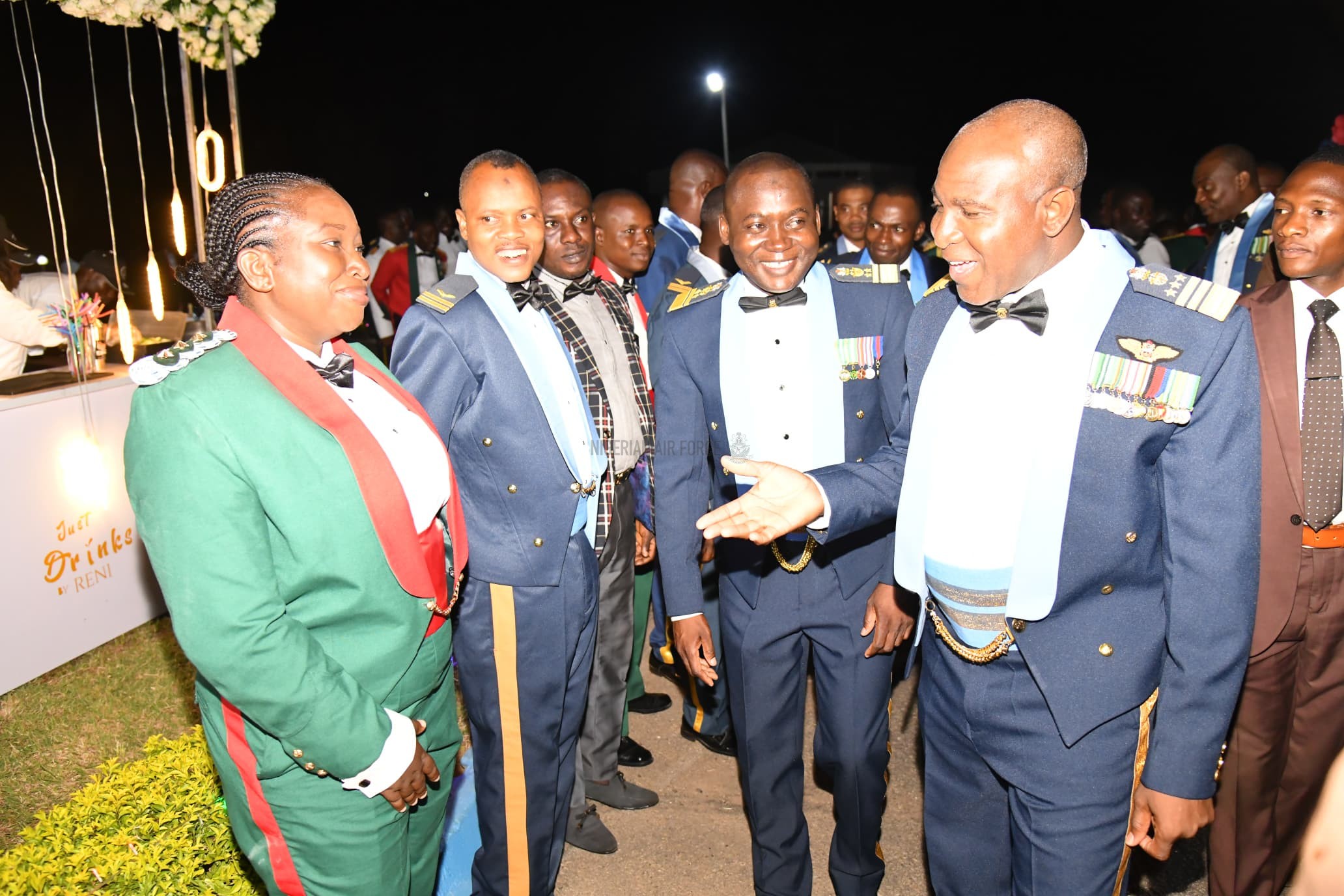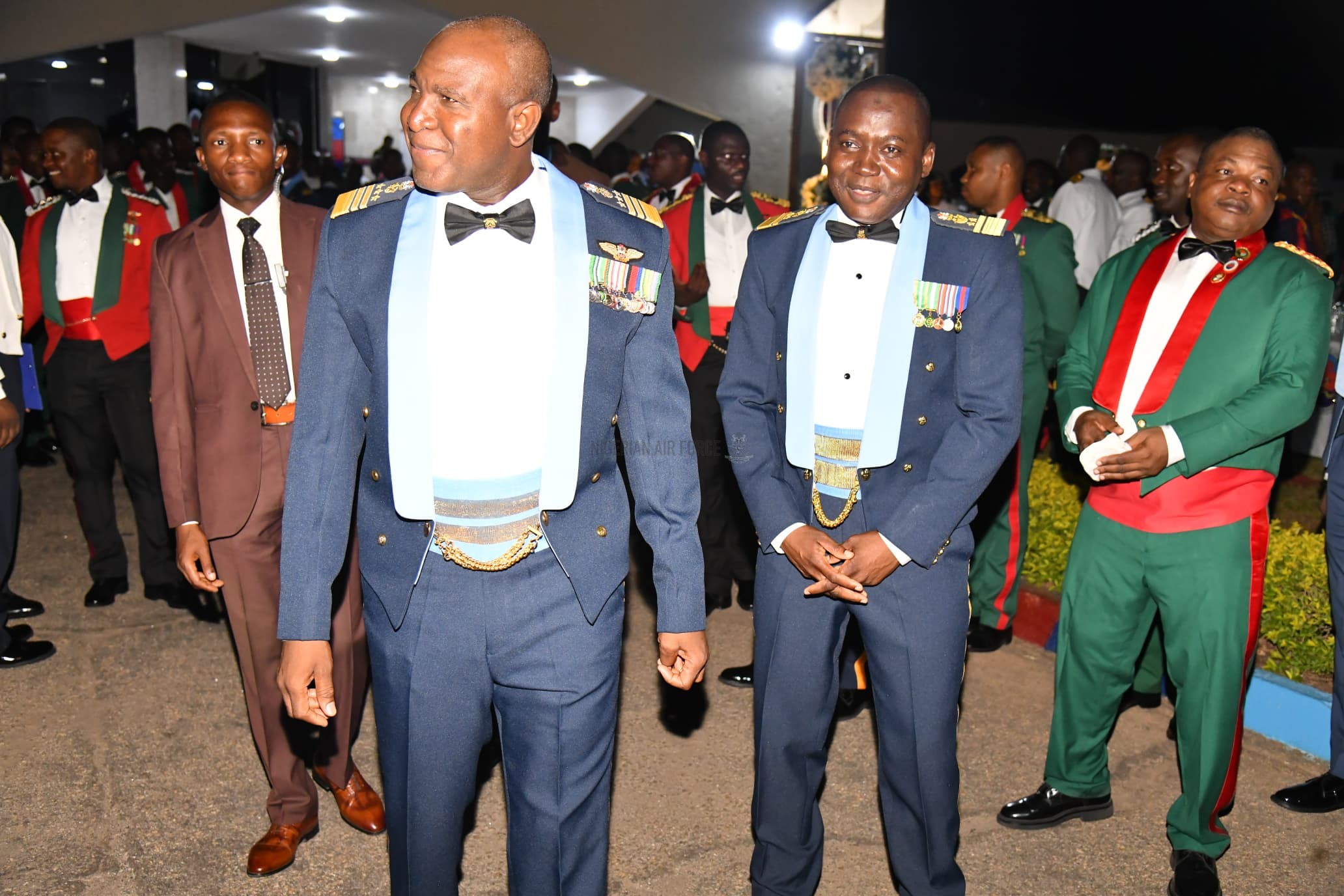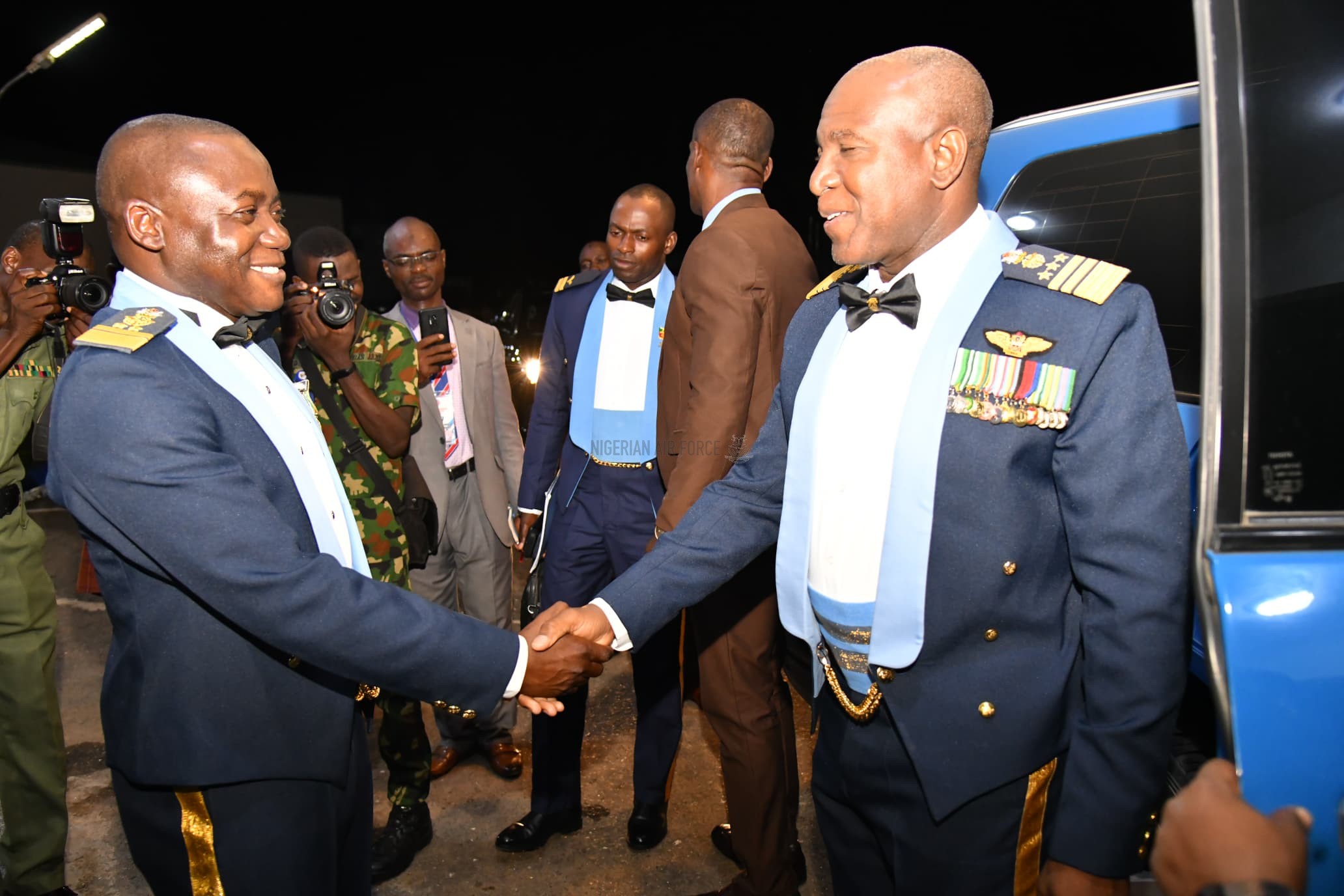The Chief of the Air Staff, Air Marshal Hasan Abubakar has admonished graduands of Junior Course 97 of the Armed Forces Command and Staff College (AFCSC), Jaji, Kaduna State, on the 3 essentials of junior command leadership which include being decisive, understanding risks and focusing on the desired end-state. According to him, as junior commanders, being indecisive was not an option, just as decisive leaders atimes make bad decisions. He, however, noted that having good judgment based on time and information available was critical to operational successes. "If you consider all the information available at your disposal but decides too late, you would have wasted your time and possibly lost resources and valuable lives," he stated. In understanding risks, Air Marshal Abubakar told the graduands that their main tasks out there in the field would essentially entail balancing, mitigating, and accepting risks. "If you want to learn good judgment and be decisive, you must take action to achieve your higher-level objectives. Sometimes, you will fail. However, you will never truly succeed if you don't try and take action," he noted. In focusing on the desired end-state, the CAS reminded them that they were pivotal to achieving the higher commander's end-state. To guide their decisions, he averred, they must understand the risks while keeping track of the desired end-state of tasks or mission given to them.
Speaking further, Air Marshal Abubakar reeled out some competencies to be imbibed in their quest for professional success, such as leading with integrity by upholding the highest ethical standards and leading by example. Others are being tactically and technically proficient by remaining committed to continuous learning and adapting in the face of rapidly emerging technologies for operational coordination and fostering a cohesive team environment, and adapting and innovating via new technologies, tactics, techniques, and procedures to enhance operational effectiveness. Lastly, being agile and resilient by rapidly responding to changes and opportunities and undertaking tasks to achieve set objectives in dynamic environments and withstanding adverse conditions in the operational environment.
In closing, Air Marshal Abubakar reminded the graduands of the security challenges confronting the nation and the challenges they may likely face out there in the field. These security challenges, according to him, were complicated by non-state actors acquiring commercial off- the- shelf technologies such as drones and satellite communications, thereby profoundly impacting the operating environment they will face as junior commanders and leaders. He, however, expressed confidence that the College has prepared them to lead while acting as the bridge between higher echelon and the lower cadre of men and women who execute missions on the land, sea, in the air, and, of course, cyber and space operational environment.
Junior Course 97 is made up of a total of 361 students comprising 150 from the Nigerian Army, 121 from the Nigerian Air Force, 71 from the Nigerian Navy, 14 foreign officers and 5 from Ministries, Departments and Agencies.
